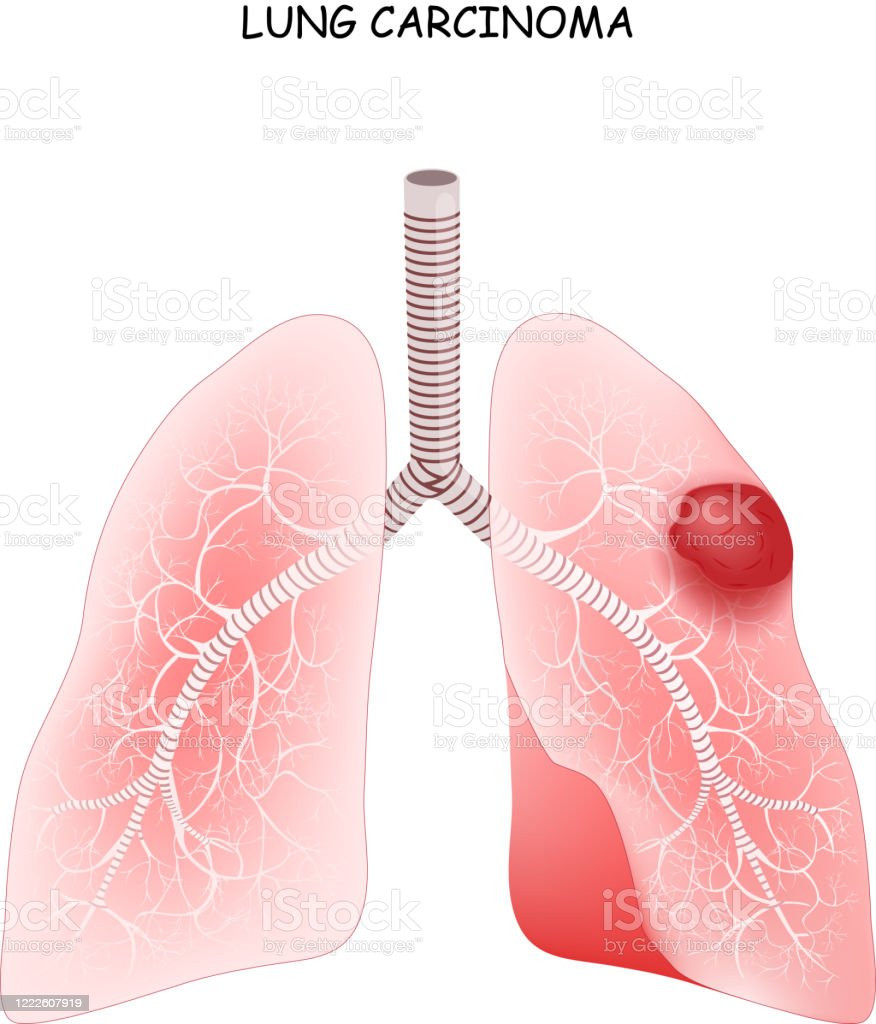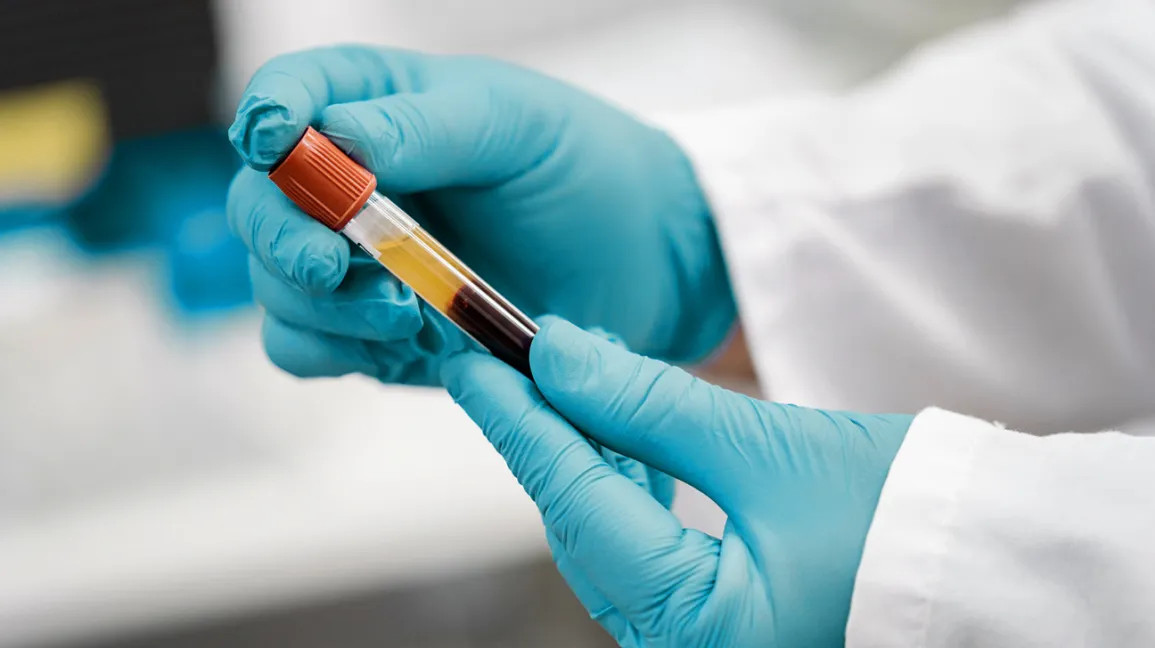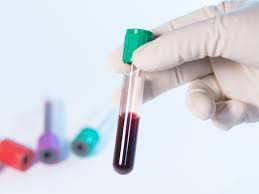Definition
Neuron-Specific Enolase (NSE) is a vital protein found in neurons and neuroendocrine cells. This test is a sensitive marker used to assess the extent of nerve cell damage and aid in diagnosis. NSE testing serves as a tumor marker for conditions like small cell lung cancer (SCLC) and neuroblastoma. The test relies on blood samples and is frequently used for monitoring patients undergoing treatment for small tissue lung carcinoma.
NSE blood tests are generally utilized as an adjunctive tool for evaluating tumor activity during SCLC therapy. Successful treatment typically results in a decrease in NSE levels. Conversely, if NSE levels remain unchanged or rise, it may indicate tumor persistence, spread, or recurrence, as well as other conditions that could elevate NSE levels.
It is important to note that NSE testing is not diagnostic on its own. Results must be interpreted alongside other diagnostic tests to confirm the condition. Since NSE levels can fluctuate over time, regular testing may be necessary for accurate monitoring.
Indications
NSE test is used primarily to monitor the body's response to lung cancer treatment. It is not employed as an initial diagnostic tool for lung cancer but serves as a supplementary test during cancer treatments.
Other conditions that may cause elevated NSE levels include epileptic seizures, encephalitis, brain injuries, strokes, and rapidly progressing dementia. A doctor may recommend an NSE test in conjunction with other diagnostic tests if symptoms of lung cancer are present or if they want to evaluate the effectiveness of ongoing treatment.
Contraindications
The NSE test is generally considered safe and has no specific contraindications. Discuss the procedure with your doctor to address any concerns.
Preparation Prior to Test
No special preparation is required for an NSE test. Fasting is unnecessary. Patients should inform their doctor about their current medical conditions and any medications they are taking. Maintaining a calm and hydrated state is recommended to ensure a smooth testing process.
Test Procedure
The NSE test involves collecting blood samples for analysis. A healthcare professional will clean the skin on your arm with an alcohol swab and use a sterile syringe to draw a small amount of blood from a vein. In infants, the sample is typically taken from the heel.
When drawing blood from a vein, the area is first cleaned with antiseptic, and a tourniquet is applied to the upper arm to increase blood flow to the veins. A needle is inserted into a vein, commonly in the inner arm, elbow, or back of the hand, and the blood is collected into a vial or syringe. After the procedure, the tourniquet is removed, and the puncture site is covered with a bandage to stop any bleeding.
The blood sample is then transferred to a test tube and analyzed using specialized laboratory equipment. The risks associated with this test are minimal. Some individuals may experience slight pain, dizziness, or bruising at the puncture site, but these effects typically subside quickly. The procedure is simple, usually taking about 10 minutes, and the results are typically available within 2 to 3 days.
Normal and Abnormal Values
Normal NSE test values in the blood is ≤16.3 µg/L, while abnormal NSE test values are greater than 16.3 µg/L.
Elevated NSE levels in the blood can indicate lung cancer, recurrence, or failed therapy.
Results and Recommendations (Follow-up Tests)
Normal Value
If you are undergoing cancer treatment and your NSE test results return to normal, it indicates that the treatment is effective. Continue maintaining your health through a balanced diet, regular exercise, and consistent health monitoring.
Abnormal Value (Above 16.3 µg/L)
High NSE test results do not necessarily confirm lung cancer. Doctors will conduct additional tests to establish a diagnosis. Elevated NSE levels may also result from other conditions such as epileptic seizures, encephalitis, brain injuries, stroke, or rapidly progressive dementia. If NSE levels rise during cancer therapy, it may suggest treatment failure or cancer recurrence.
Consult the Right Doctor
If your NSE test results are abnormal, consult a general practitioner for an accurate diagnosis and appropriate therapy. An internal medicine specialist may also be consulted to ensure effective treatment. Doctors may recommend further tests to confirm the diagnosis.
Looking for more information about laboratory, radiology, and other examination results? Click here!
- dr Hanifa Rahma
NSESF. (2023). Retrieved 19 June 2023, from https://www.mayocliniclabs.com/api/sitecore/TestCatalog/DownloadTestCatalog?testId=81796#:~:text=Normal%3A%20%3C%20or%20%3D15%20ng,from%20a%20variety%20of%20causes.
The Establishment of Neuron Specific Enolase Refrence Interval for Healthy Population in Southwest China. (2020). Retrieved 19 June 2023, from https://www.nature.com/articles/s41598-020-63331-x
Neuron - Specific Enolase, Serum. (2023). Retrieved 19 June 2023, from https://www.mayocliniclabs.com/test-catalog/Overview/80913












